Finances
What is creditworthiness?
If you have come across the term "creditworthiness" and does not know what it means, read this article and get informed.
Advertisement
Want to get approved for loans and credit cards? Here’s something you must know
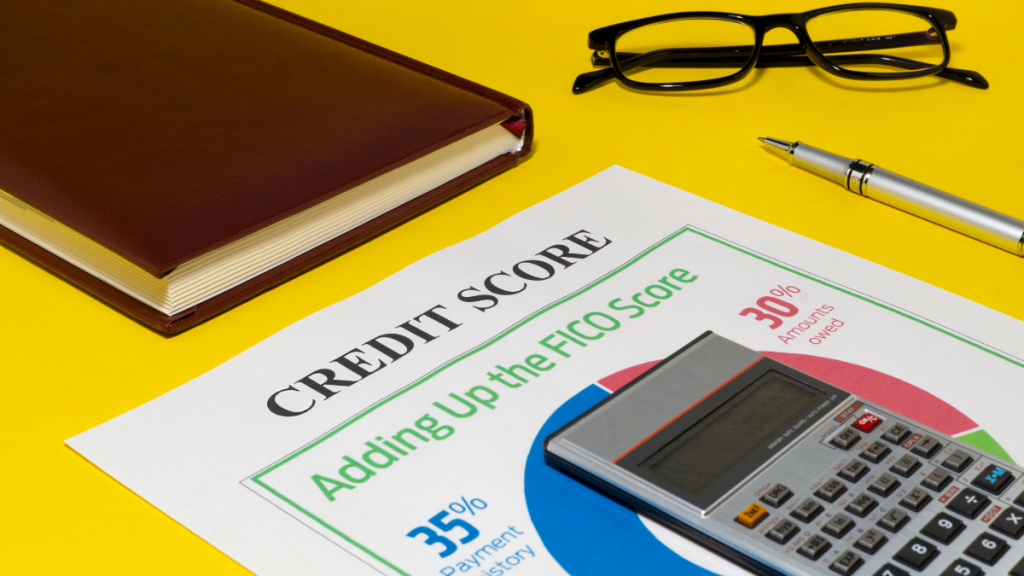
In the world of finance, creditworthiness is a commonly used term with significant implications for borrowers.
When applying for a personal loan, credit card, or line of credit, lenders evaluate your creditworthiness to determine if you are a suitable candidate for new credit.
Being a creditworthy borrower means that you have demonstrated the ability to responsibly repay debts on time.
Conversely, if lenders deem you to be a risky borrower, your chances of qualifying for new credit may be slim.
To help you better understand the concept of creditworthiness and what you can do to improve it, we’ll explore the factors that determine creditworthiness and its importance.
By the end of this article, you’ll have a clearer understanding of how creditworthiness impacts your financial decisions. You will also have learned what you can do to ensure that you maintain a favorable creditworthiness standing.
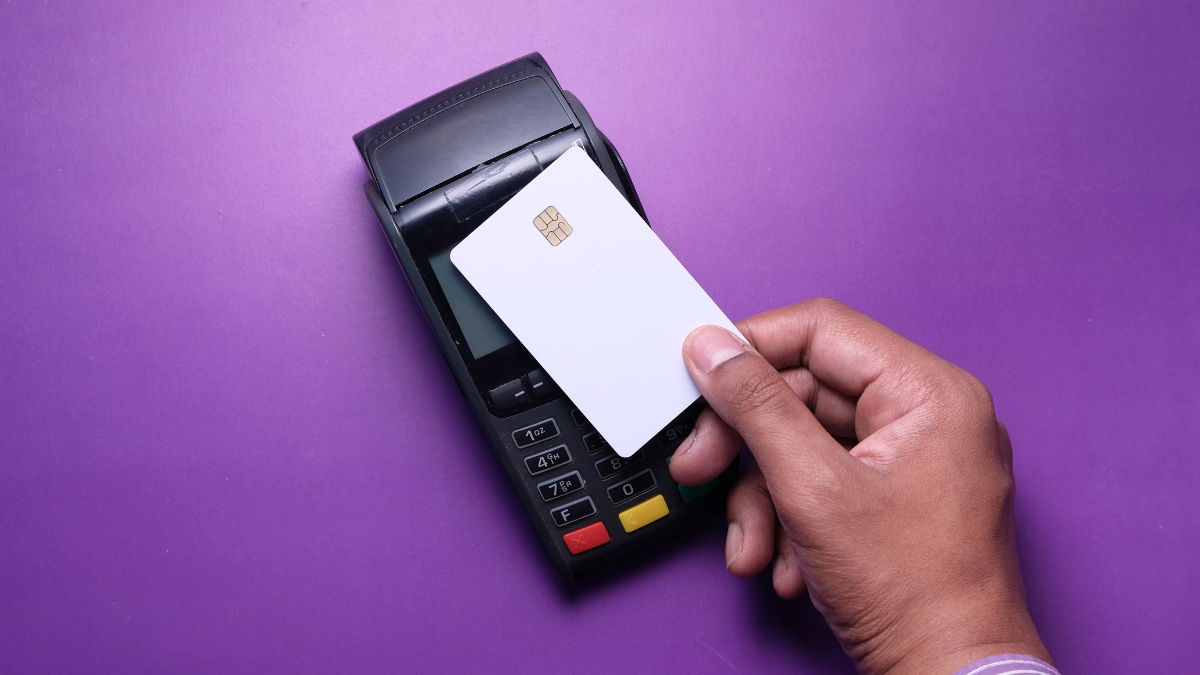
How To Use A Secured Credit Card With A $200 Limit
In this article you are going to learn how to optimize the use of your low-limit credit card.
Why should you care about your creditworthiness?
Your creditworthiness plays a crucial role in determining whether lenders will approve your application for new credit.
Essentially, your creditworthiness measures the likelihood that you will repay your debts on time.
If you have a good credit score (at least 670) and a history of responsible borrowing, lenders are more likely to extend more favorable terms, such as lower interest rates.
However, if lenders perceive you as a risky borrower, they may charge you higher fees, limit the amount of credit available to you, or deny your application altogether.
To ensure that you maintain a good creditworthiness standing, it’s important to understand what factors lenders consider when evaluating your creditworthiness.
Some of these factors include your credit history, outstanding debts, and payment history.
By being aware of these factors and taking steps to improve your creditworthiness, you can increase your chances of receiving new credit with more favorable terms.
In the next section, we will talk about your credit report, and what its role in determining your credit score is.
You will be redirected to another website
By submitting this form, I agree that I am 18+ years old and I agree to the Privacy Policy and Terms and Conditions. I also provide my signature giving express consent to receive marketing communications via automated emails, SMS or MMS text messages and other forms of communication regarding financial products such as credit card and loans. Message frequency varies and represents our good faith effort to reach you regarding your inquiry. Message and data rates may apply. Text HELP for help or text STOP to cancel. I understand that my consent to receive communications is not a condition of purchase and I may revoke my consent at any time.
Your credit report
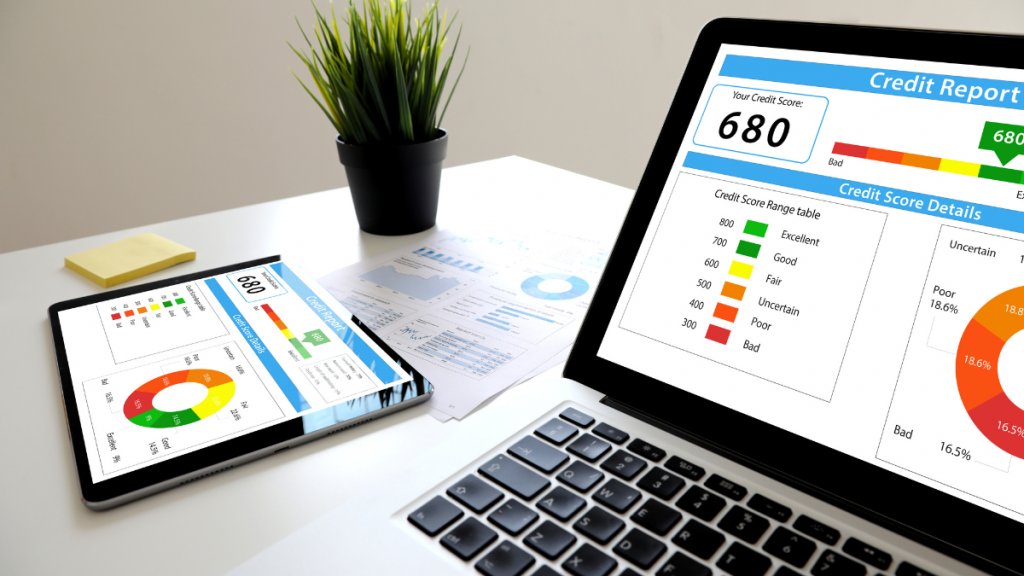
The three credit bureaus – Equifax, Experian and TransUnion – write your credit report. With the information from your credit report they calculate your credit score.
The report contains historical information about your current and past debts, and lenders use it to examine details about your financial obligations.
Checking your credit report periodically is advisable since it may contain errors that could impact your credit score.
It is especially important to do so if you plan to apply for a significant loan, such as a mortgage. You can access your credit report for free once a year through AnnualCreditReport.com.
However, due to Covid-19, each bureau is providing free weekly credit reports until April 20, 2022, allowing you to check for errors and make corrections as needed.
Understanding your credit report is crucial to keeping track of and improving your credit score, but it is not everything. Next, we will see how your income and debt affect your creditworthiness.
Debt and Income
Your debt-to-income (DTI) ratio is a percentage that measures the portion of your monthly income that goes toward your debt obligations.
Lenders want to understand your overall debt payments, including other loans, credit cards, rent, or child support.
To calculate your DTI, they’ll also verify your income. The lower your DTI, the more creditworthy you appear. Although lenders prefer a maximum DTI of 36%, some may accept up to 50%.
For instance, let’s suppose you have a monthly income of $2,000 and $500 worth of loan payments. In that case, your DTI would be 25% ($500/$2,000).
To improve your creditworthiness, you can consider increasing your income and paying down your debts.
While increasing your income is not easy, you can work on side hustles, ask for a raise, switch employers or careers.
Paying off your debt can also help. You can start by paying past-due debts, then credit card debt, and other types of debt like student loans or mortgages.
Checking your credit report can also help you identify errors that may affect your credit score.
You can obtain a free credit report once a year from each of the three credit bureaus—Equifax, Experian, and TransUnion—through AnnualCreditReport.com.
Your credit score

Lenders rely heavily on your credit score to assess your creditworthiness. A high credit score indicates that you’re good at managing your debts and likely to meet your payment obligations, while lower scores pose a risk to lenders.
We divide credit scores into different categories following the FICO scoring system. Here is how it works:
- Exceptional: 800-850
- Very Good: 740-799
- Good: 670-739
- Fair: 580-669
- Poor: 300-579
To improve your credit score, follow these four key steps:
- Avoid taking on new debt unless it’s necessary.
- Keep your debt levels low, particularly with credit card debt.
- Maintain your oldest credit cards to establish a long credit history.
- Ensure you pay all bills on time.
Other factors that affect your creditworthiness
The factors we’ve mentioned so far are the most common ones in determining your creditworthiness. However, there are other factors that may play an important role depending on the lender.
Co-signers
Having a co-signer for your loan application can enhance your creditworthiness since it reduces the lender’s risk.
Co-signers agree to repay the loan if you stop making payments, and their creditworthiness is also assessed, resulting in more favorable loan terms.
Trusted friends or family members can serve as co-signers, but it’s crucial to have a written plan in place for managing the loan. Late payments could harm both your and the co-signer’s credit.
Down Payment
A down payment is an initial payment made on a big purchase, such as a house or car. The larger the down payment, the less you will have to borrow and the more lenders may offer lower interest rates.
For mortgages, it is suggested to save up to 20% of the purchase price to avoid extra private mortgage insurance payments, which can be challenging.
It is advised to develop a savings plan and consider throwing any extra income into savings to shorten the timeline.
Collateral
Collateral is something of value that reduces the risk of default for lenders when they lend you money.
If you fall behind on your payments, the lender can repossess the item you pledged as collateral.
Using collateral can sometimes increase your creditworthiness, and is typically required for loans like mortgages, home equity loans, and HELOCs.
With personal loans, you can choose between secured (with collateral) and unsecured (without collateral) options.
In conclusion
Focusing on building your credit and improving your creditworthiness can increase your chances of qualifying for loans and credit in the future.
By doing so, you may also receive favorable terms such as low-interest rates and higher loan limits.
And to start improving your credit score right away, check the following tips we’ve prepared for you. Just click on this link to learn 5 ways to improve your credit score.
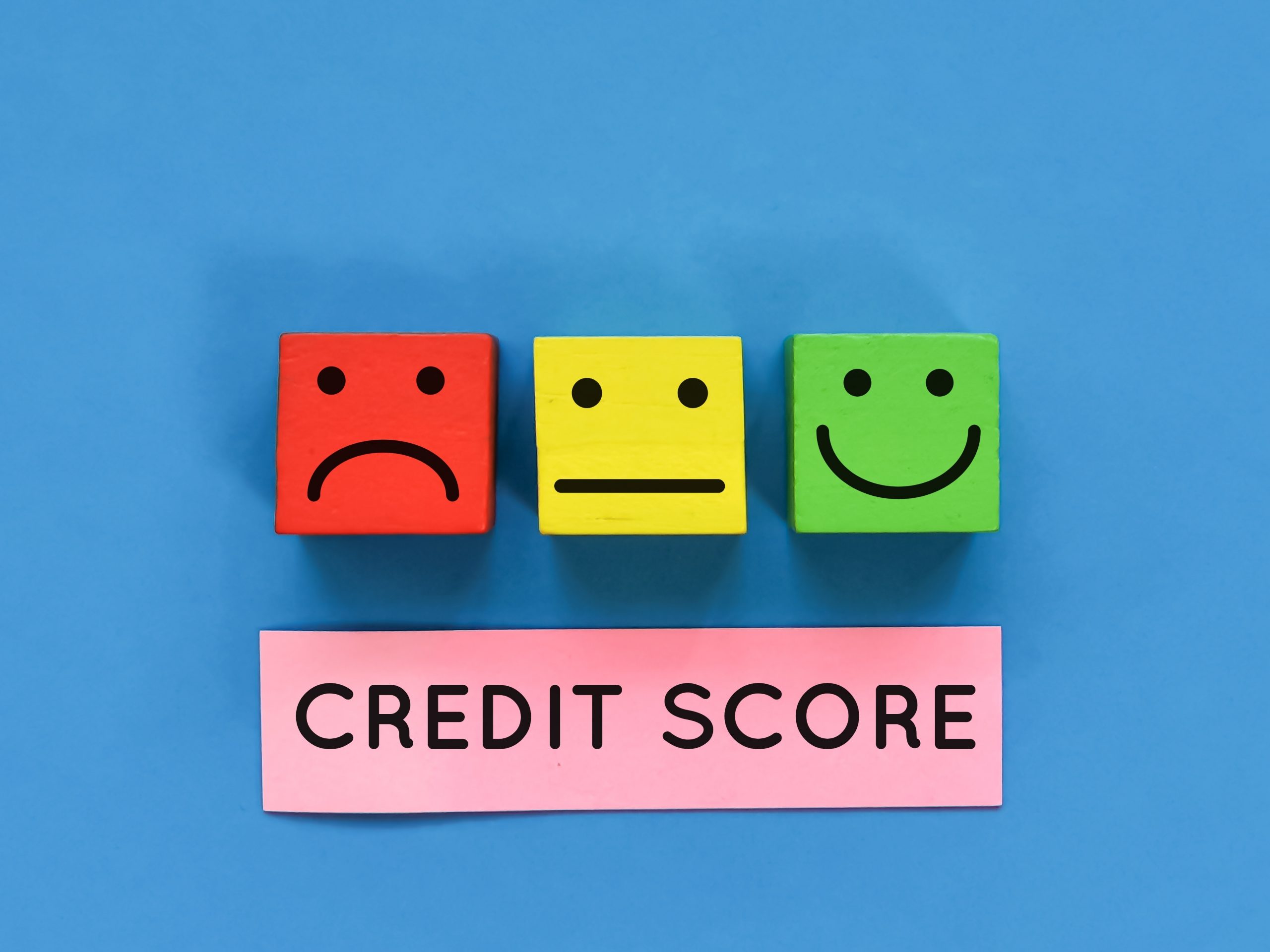
5 ways to improve your credit score
Having a strong credit score can help you in many ways. If you need some help to build or rebuild yours, you can count on The Post New.
About the author / Danilo Pereira
Trending Topics
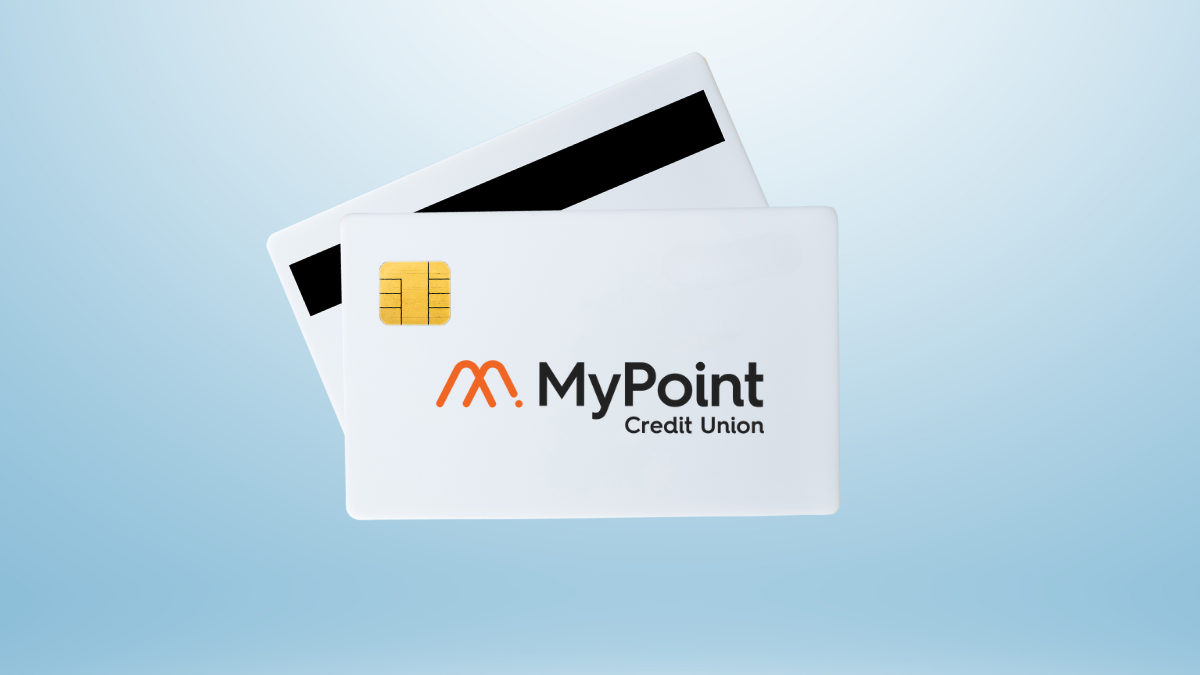
MyPoint Credit Union Visa Card Review: Elevated Rewards!
Discover a world of possibilities in this MyPoint Credit Union Platinum Visa Card review. Elevate your experience with a generous credit line!
Keep Reading
TFSA vs RRSP: Which is Right for You?
TFSA vs RRSP: Which one is the best? Each person will have a preference. Read this content to decide which is the best for you.
Keep Reading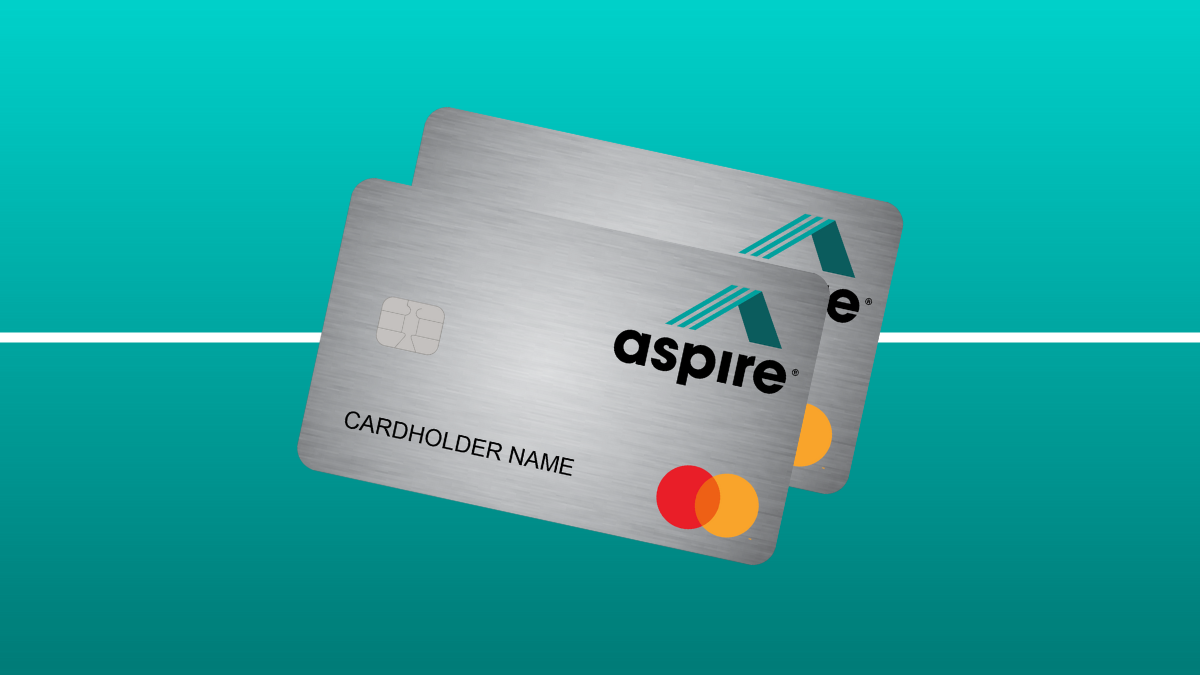
Aspire® Cash Back Reward Card application
The Aspire® Cash Back Reward Card application process is a little different from most credit cards. Read on to learn why that is.
Keep ReadingYou may also like

Is it worth signing your credit card up for autopay?
Signing your credit card up for autopay means you’ll never miss a monthly payment. But there are pros and cons to this method. See more here!
Keep Reading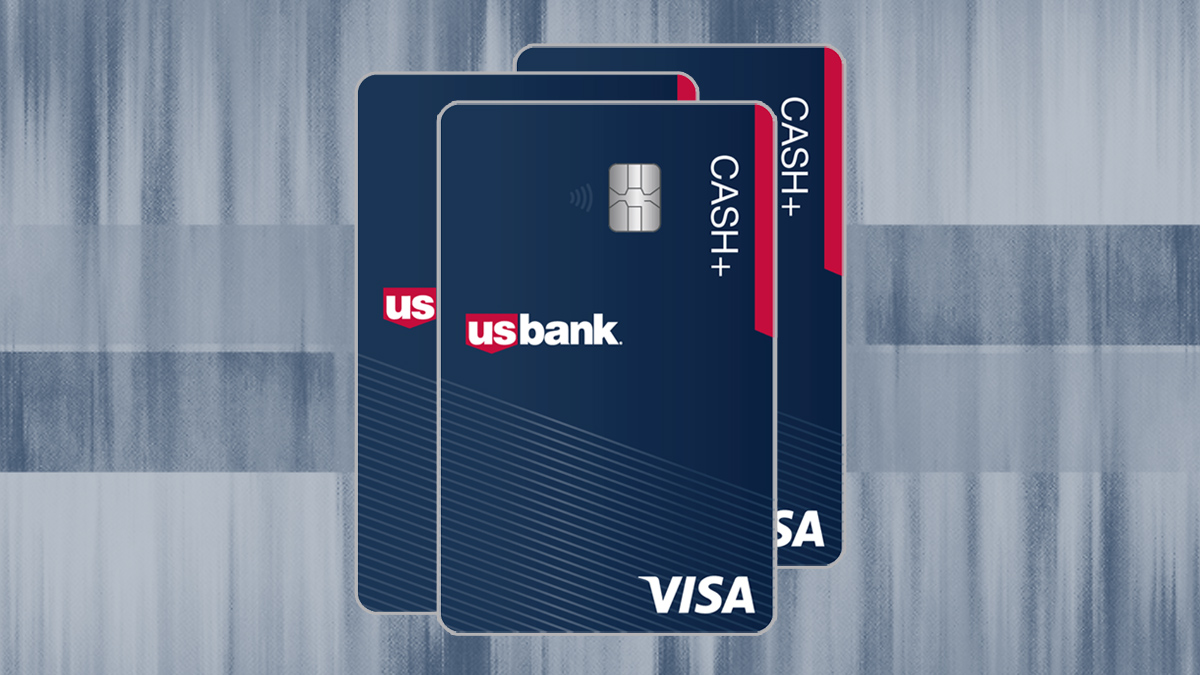
US Bank Cash+® Visa® Secured Credit Card review
Read our U.S. Bank Cash+® Visa® Secured Credit Card review to learn how you can repair your credit while earning cash back rewards!
Keep Reading
SchoolsFirst Federal Credit Union Personal Loans review
Read SchoolsFirst Federal Credit Union Personal Loans review and learn about its benefits to school employees in California.
Keep Reading